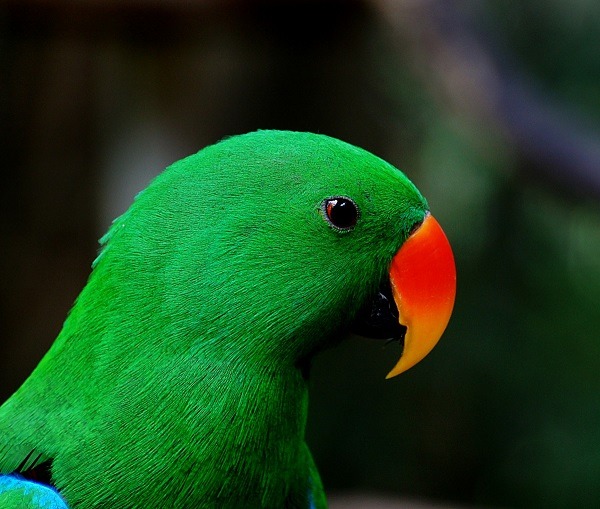Getting a new pet is an exciting time in any of our lives. For many of us, we grow up with an idea in our heads of what sort of pet we would like to have as we grow older. Common choices include the frequently seen household pets: cats, dogs, rabbits, and various smaller animals. Most people know that if you want pet chickens, you’ll have to construct a suitable chicken coop.
While these are undoubtedly choices that many people consider, there is a range of other unusual pets that some people go their entire lives dreaming about bringing into their lives. We recognise that, for the most part, it can be challenging to know how to go about getting an unusual animal, let alone what you would need to consider when bringing them into your homes.
With this in mind, we have compiled a helpful guide below, detailing some of the things you should remember when housing an unusual pet. Whether you are opting for a larger animal or prefer a small animal that you could hold in your hands, we feel confident there is something of interest below.
What Unusual Pets Exist and What Do You Need
It can be challenging to know what counts as an unusual pet and what doesn’t. These pets are the kind you see now and again, but nowhere near as often as you would see the likes of dogs and cats.
Unusual pets that are found in various households across the UK can include the following:
African Pygmy Hedgehogs
We feel confident that you would have heard or seen of these tiny creatures at some point! Having steadily grown in popularity throughout recent years, the African Pygmy Hedgehog is an unusual pet choice for many. Small in size, this is an ideal unusual pet choice for those who might not have access to an outdoor space for a pet.
African Pygmy Hedgehogs are relatively easy to look after, much like other pet options. Those interested in bringing one into their home should look to have an appropriate-sized cage, complete with bedding, toys for exercise, and items needed for feeding your new pet.
One important thing to note; African Pygmy Hedgehogs are sensitive to the cold and drastic changes in temperature. The UK isn’t the warmest place; that is something we can all agree on! Ensuring you have a heat pad available for your new friend is recommended. Meanwhile, you can order high-quality yet affordable chicken coop laying boxes on the given link.
Horses and Ponies
While this is the more widely seen option for those wanting an unusual pet, it is not all that accessible for most of us. Horses require a lot of space and are not an ideal pet choice for those who live in the suburbs of a vast metropolis. That is not to say that you cannot look after one, for there are options to have a horse that you own housed at a shared stable. Of which, you would be able to access to your heart’s content.
For the most part, horses and ponies require a lot of effort and upkeep, so it is not suitable for those who prefer a more autonomous animal. Requiring regular exercise, food and supplements, and clothing, to name but a few, you would need to ensure that you have all the necessary supplies and equipment needed to look after a horse properly.
Unlike that of acquiring the equipment needed for a cat or dog, you would not be able to find the supplies you need at the local supermarket. Instead, you would need to use the likes of Equi Supermarket, who provided budding horse-owners like yourself with all you would need. To explore the vast range of supplies and equipment available and to get the input from an expert in the field, head to www.equisupermarket.co.uk.
Axolotl
This is a genuinely fascinating option for those wanting an unusual pet. Axolotls are cute aquatic animals and look like something out of a cartoon! Any guests to your home will be sure to be in awe at your new little friend, for they are social creatures and enjoy observing their surroundings. For the most part, they are easy to look after, and there are minimal amounts of specific equipment needed to house an animal like this in your home.
Those wishing to bring an Axolotl into their home should aim to get similar kits to that used for housing fish. An aquatic tank, complete with a range of hiding places for them, something to control the temperature of the water, and something which cleans the water as well.
Regular fish food and supplements used for other aquatic species are not advised for consumption by an Axolotl. It is recommended that you feed Axolotl food supplements and dried fish food pellets which are given to carnivorous fish and other associated animals.
While these are a handful of the unusual pets that you can get in the UK, we hope that this has shed some light on the kinds that are available. Whatever you decide to choose moving forward, we hope you feel confident knowing how to best look after them!

